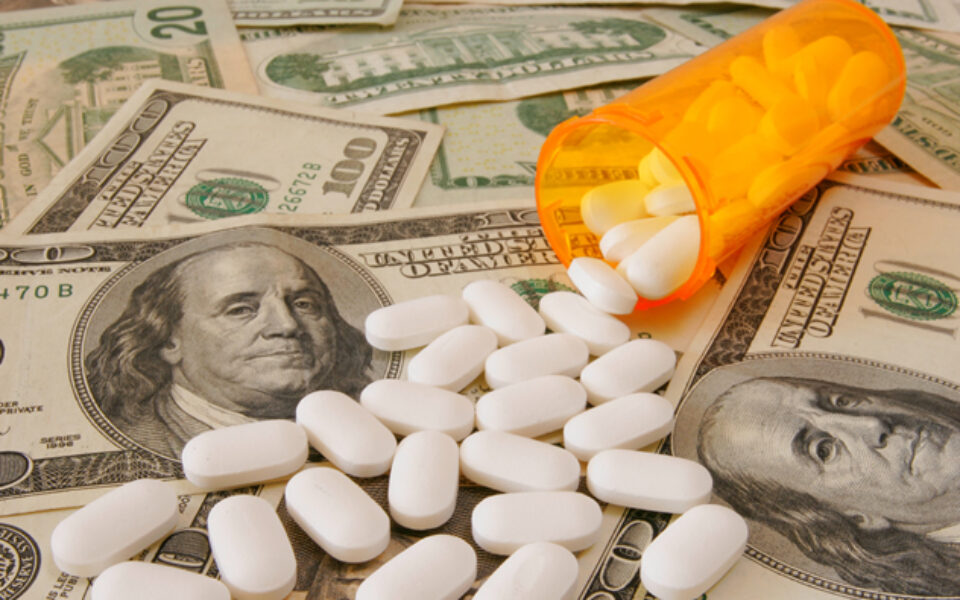Sales Tax: A Guide for the Healthcare Industry
By Taryn Smith, Manager, Tax & Business Services & Igor Bochenkov, Director, Tax & Business Services

The term “healthcare industry” encompasses a diverse range of organizations, entity classifications and services provided. Each member of this industry needs to take stock of exactly what services and products their organization provides and utilizes. Unless included in an exemption it is wise to assume a transaction is subject to sales and use tax. This article will take you through the basic ins and outs of sales taxation in Connecticut. Careful consideration should be applied for the remaining states.
Healthcare Services
One would assume that most healthcare services are not taxable services. While many times healthcare services are rendered by physicians and are typically exempt, that is not always the case. A notable exception is Cosmetic Medical Procedures. These procedures are any medical procedures that are meant to improve a person’s appearance and are not intended to treat illness or disease. It is important to note that this definition does not include any reconstructive surgery. Services provided that are defined as cosmetic are taxable by the State of Connecticut. For example, a nose job associated with a deviated septum would not be subject to tax; however one to correct a superficial problem would be.
Medication and Supplies
In the world of healthcare taxation, there is not much differentiation between prescription drugs and over-the-counter. All prescription drugs, and most nonprescription drugs, are exempt from the Connecticut Sales and Use Tax. Any patient cosmetics, personal hygiene products, dentifrices, and mouthwash are not exempt. The following are among items that are also not considered exempt:
- Bandages and wound dressings (unless medicated);
- Caffeine products;
- Contraceptive products (unless antiviral) and pregnancy tests;
- Cotton swabs;
- Diuretics;
- Lubricating jelly, mineral oil, and petroleum jelly;
- Sanitary napkins and tampons.
An exception to this is products, such as lotions, that are medicated and advertised as medication. These types of products are exempt from sales tax.
Generally, any device that supports vital life functions are exempt for sales and use tax purposes. Any devices that do not function in such as way will be subject to tax.
Auxiliary Services
There are a variety of services an entity in the healthcare industry can utilize. When an entity is entering a service transaction they should review Connecticut General Statute 12-407(a) (37). Services are only taxable if they are enumerated in the statute. Computer and data processing services are taxable at a lower rate of one percent. Tangible software, as well as any hardware, is taxed at the general rate.
The Mechanics
If none of the exemptions applies to your entity’s transactions, it will be subjected to the general rate of 6.35%. Typically the Connecticut vendor would withhold the sales tax; if they do not, your entity must accrue and paid the tax. It is important to note that, even though your organizations activities fall with-in the exemptions a Sales and Use tax return, Form OS-114 must be filed for every period. You will have an initial fee of $100 to register with Connecticut.
Hopefully this guide has shed some light on the ins and outs of Connecticut Sales taxation as related to the healthcare industry. As organizations grow to adapt to the ever-changing laws surrounding the healthcare industry, it is important to keep sales tax in mind.


















